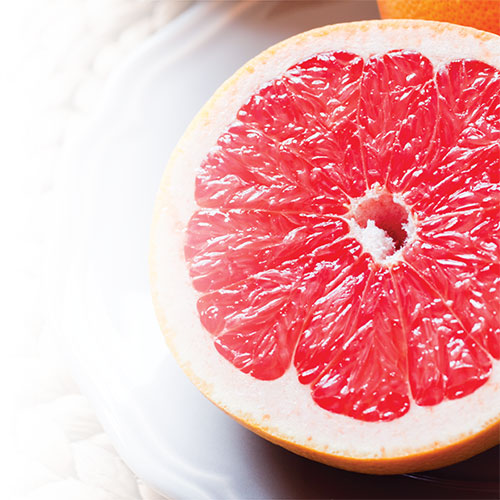On an empty stomach or with food?
Taking medication on an empty stomach or with food can, in some cases, affect the medication's degree of absorption by the body. When medication is taken orally, it must ultimately reach the blood flow in order to have an effect. To achieve this, it must be absorbed through the walls of the digestive tract. Therefore, the presence of food can compromise absorption of the medication, promote it or have no incidence at all.
Furthermore, the irritating effects that certain medications can have on the digestive tract must also be considered. Symptoms or health issues can manifest themselves, including stomach ache, acid reflux, nausea or vomiting. Therefore, it is sometimes preferable to take these medications during meals to lower the risk of adverse effects to the digestive tract.
Many medications can be taken either with or without food. However, some drug manufacturers formulate very specific instructions regarding food. For instance, while some medications must be taken "during a meal", for others, you will be advised that drug action may be slower "if it was taken with a high fat meal." In sum, there is no universal rule and it is always best to speak about it to your pharmacist.

